Sharing the results at AMRI 16, Deputy Minister of Information and Communications Nguyen Thanh Lam said that the ministers affirmed and positioned the role of the information industry in the new period from "information" to "knowledge".
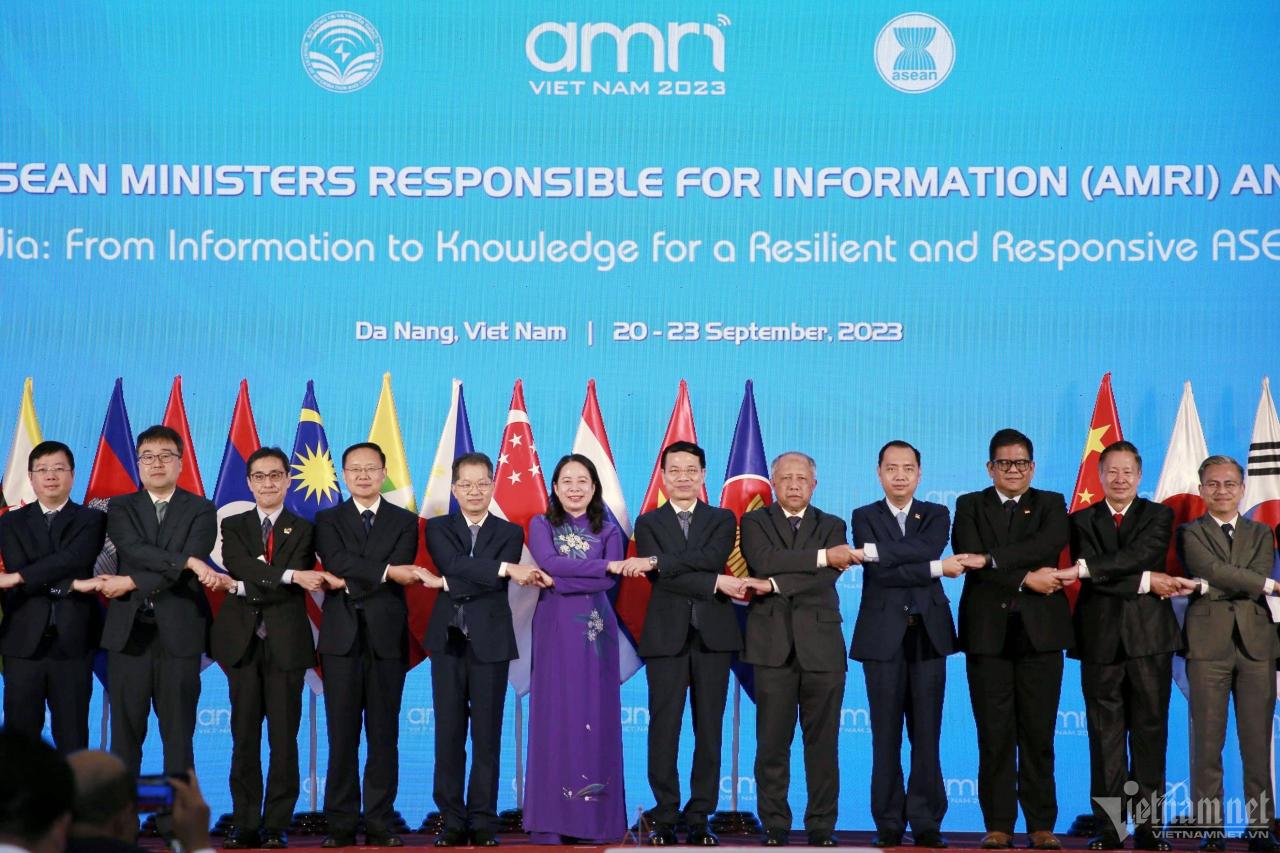
Vice President Vo Thi Anh Xuan; Minister of Information and Communications Nguyen Manh Hung; ministers and heads of delegations of ASEAN member countries take souvenir photos.
Vietnam initiates the construction of many new contents
As the host country of the 16th ASEAN Ministers on Information (AMRI 16), the Ministry of Information and Communications of Vietnam initiated the conference theme: “Communications: From Information to Knowledge for a Resilient and Adaptive ASEAN”. This is the main theme throughout the official conference agenda and shared discussions at the conference side events.
To record the results of the agenda and content of the conference, the Vietnamese Ministry of Information and Communications initiated the development of Conference Documents including the ASEAN Ministerial Vision Statement for the Media and Communications Sector to 2035 and the Da Nang Declaration on the Positioning of the Role of the Information Industry in the New Era. These are basic documents to record and convey the Ministers' views and visions on the media and communications sector as well as to shape ASEAN information cooperation in the future to 2035 and beyond. Vietnam's initiative in drafting and developing the Vision Statement 2035 is also the first time ASEAN information cooperation has issued such a basic document.
In order to prepare the content for the 16th AMRI Conference in September 2023, more than a year ago, the Vietnamese Ministry of Information and Communications initiated the research, development, and integration of proposals presented and defended at the official working mechanisms of ASEAN cooperation on information (including the SOMRI working groups and the ASEAN Information Subcommittee). Both proposals initiated by Vietnam and enthusiastically supported by ASEAN countries were implemented as sideline activities of the 16th AMRI Conference, including the ASEAN Forum on Countering and Handling Fake News (September 19, 2023) and the ASEAN Workshop on Digital Transformation of Journalism and Media: Digital Transformation and Digital Knowledge Creation (September 21, 2023), chaired by Deputy Minister of Information and Communications of Vietnam Nguyen Thanh Lam.
The results of the discussions of the thematic workshops were also submitted to the ministers at the 16th AMRI Conference (September 22-23, 2023), in which the ASEAN Workshop on Digital Transformation of Journalism initiated by Vietnam for the first time in 2023 will become an annual activity in the following years of ASEAN to share experiences, good practices, and applications of digital transformation in the journalism and media industry. The establishment and deployment of a regional ASEAN task force on fake news handling (abbreviated as TFFN) at the initiative of Vietnam was also approved by the ministers to move towards "One ASEAN - One Voice" or "The ASEAN way" in responding to, handling, and minimizing the harmful effects of fake news, while at the same time, attaching social responsibility and ethics to cross-border social networking platforms.
Notably, for the first time at AMRI 16, the ministers agreed and raised the issue of risks and opportunities of artificial intelligence (AI) in creating a breakthrough revolution for the press and media industry, so that ASEAN countries could consider and promote the exchange of experiences in applying AI in this industry.
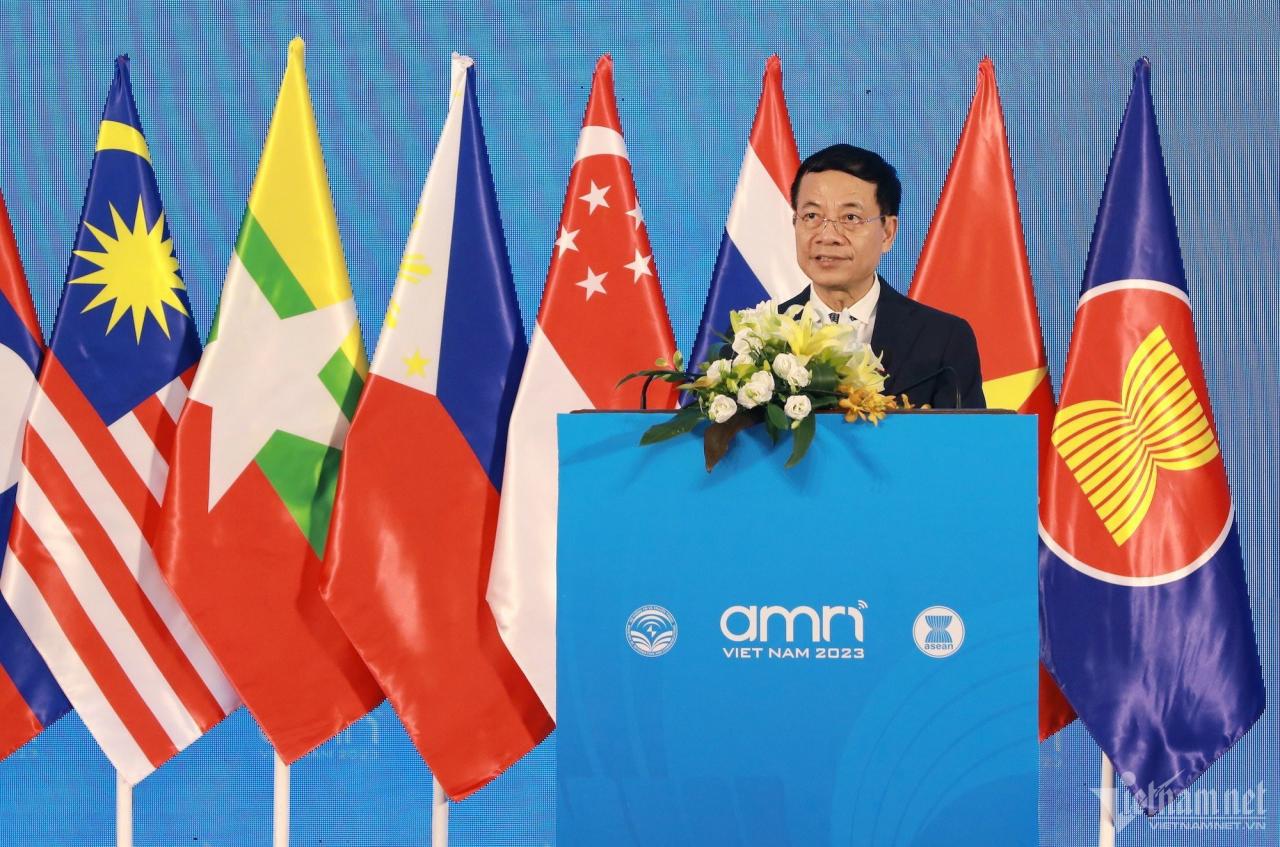
Minister Nguyen Manh Hung shared that ASEAN has become the center of growth in the world.
Vision 2035 statement for the information, press and media sector
The ASEAN Information Ministers’ Vision 2035 Statement for the ASEAN Information, Media and Communications Industry aims to position and create a transformative, adaptive and resilient industry.
This is Vietnam's initiative, when for the first time the information, press and communication sectors of ASEAN have a framework document to shape and develop ASEAN cooperation in the future.
The Vision 2035 Statement continues to affirm the role of connecting and conveying ASEAN cooperation values in all areas of the three pillars of the ASEAN community (politics and security, economy, culture and society), contributing to the realization of the ASEAN Community Vision 2025 and beyond.
Firstly, it is affirmed that the information, press and media sectors are undergoing revolutionary changes. Digital transformation and advanced technology have opened up many new prospects as well as created a new paradigm shift in information access and innovation, bringing unprecedented opportunities that can bring about meaningful changes to the information and media sector.
Second, it is acknowledged that advanced digital technology also causes information overload, creating the problem of "overeating" or "obesity" of information due to continuous consumption of information, regardless of whether it is real or fake information, useful knowledge or useless junk news; The proliferation of information along with algorithms tailored to users' habits also distracts and reduces users' attention to knowledge information.
Third, the awareness of the rapid digital transformation of media platforms has led to a proliferation of fake news, digital hate, and extremist views that can cause panic, insecurity, suspicion, and loss of trust, damaging ASEAN’s spirit of solidarity and resilience; at the same time, widespread misinformation can lead to mistrust and incorrect prejudice, which can also damage people’s understanding of ASEAN’s development.
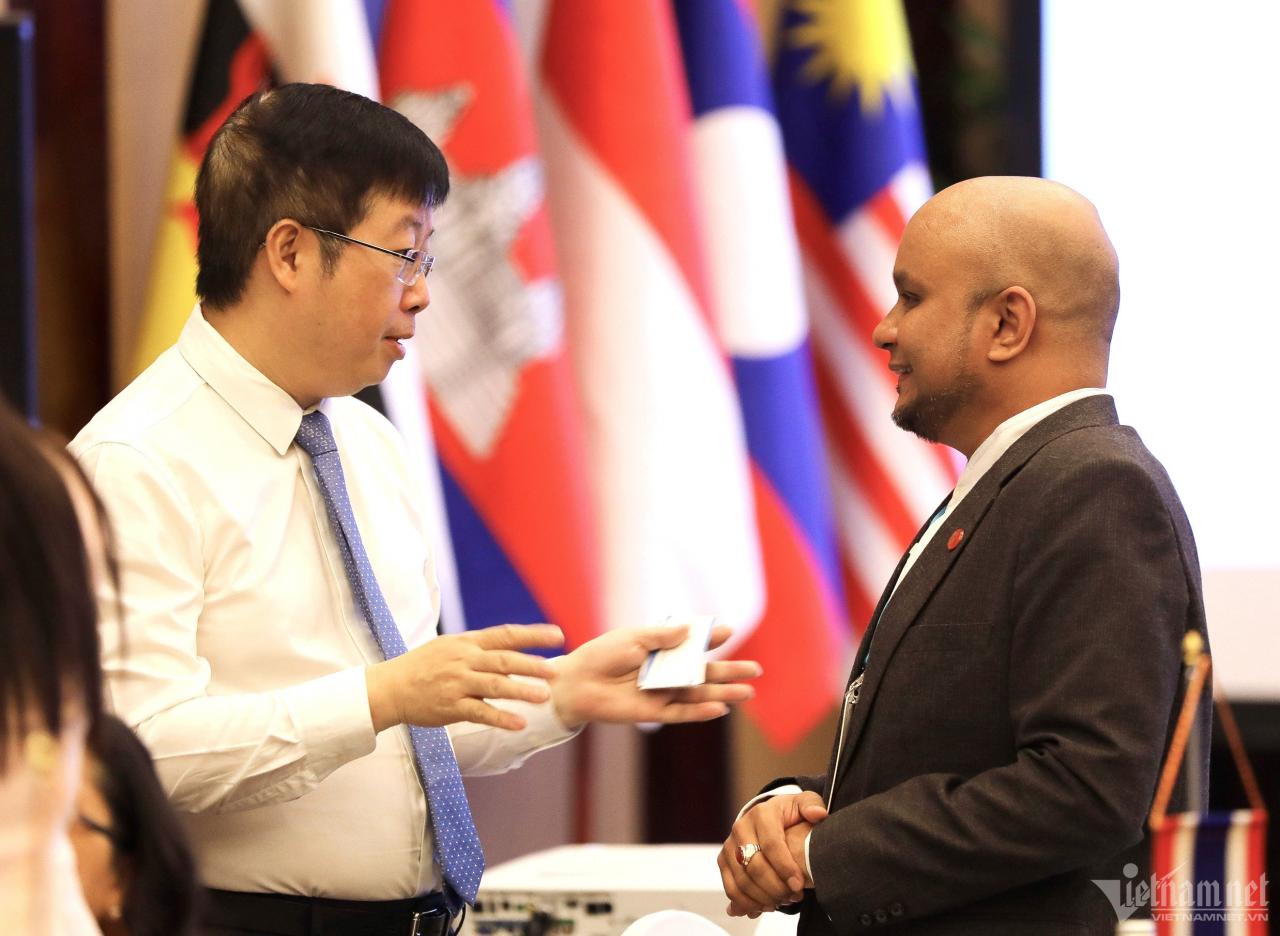
Deputy Minister of Information and Communications Nguyen Thanh Lam discussed with delegations attending the conference.
In response to the above comments, the ministers have proposed 6 orientations on the vision for the ASEAN information and communications sector to 2035 to become Adaptive, Resilient and Progressive, continue to affirm its role, maintain its prestige as a pioneering sector in supporting and conveying ASEAN cooperation in all fields to the people, and at the same time, position the new role as conveying valuable information to bring knowledge to the people.
To realize the above vision, the ministers also issued implementation directions in the coming period through AMRI's support mechanisms.
Accordingly, the parties will conduct research, collect and build databases as a basis for developing and implementing crisis communication strategies, strategic communication and public communication, in order to provide timely and accurate information to the people. In addition, they will leverage the transformative power of media to foster a culture of critical thinking and lifelong learning to enhance the digital capacity and readiness of ASEAN citizens. Member states will empower the media industry to promote ASEAN-wide knowledge transfer, apply digital technology to enhance the communication capacity of media outlets and conduct research on digital transformation trends to develop timely intervention policies.
AMRI 16 has also coordinated and effectively implemented communication work for all sectors and fields that ASEAN cooperates in all three pillars and dialogue partners. Positioning and promoting the role of the information and communications industry as a supporting subject for ASEAN-wide response to emerging global challenges.
Member States will facilitate media, community and citizen engagement and support access to information, to amplify credible sources of information, and to strengthen positive skills and a clear mindset among youth in the process of consuming audio-visual content as well as creating digital content. They will also explore the development of a master plan for digital transformation for ASEAN journalism and media in the future.
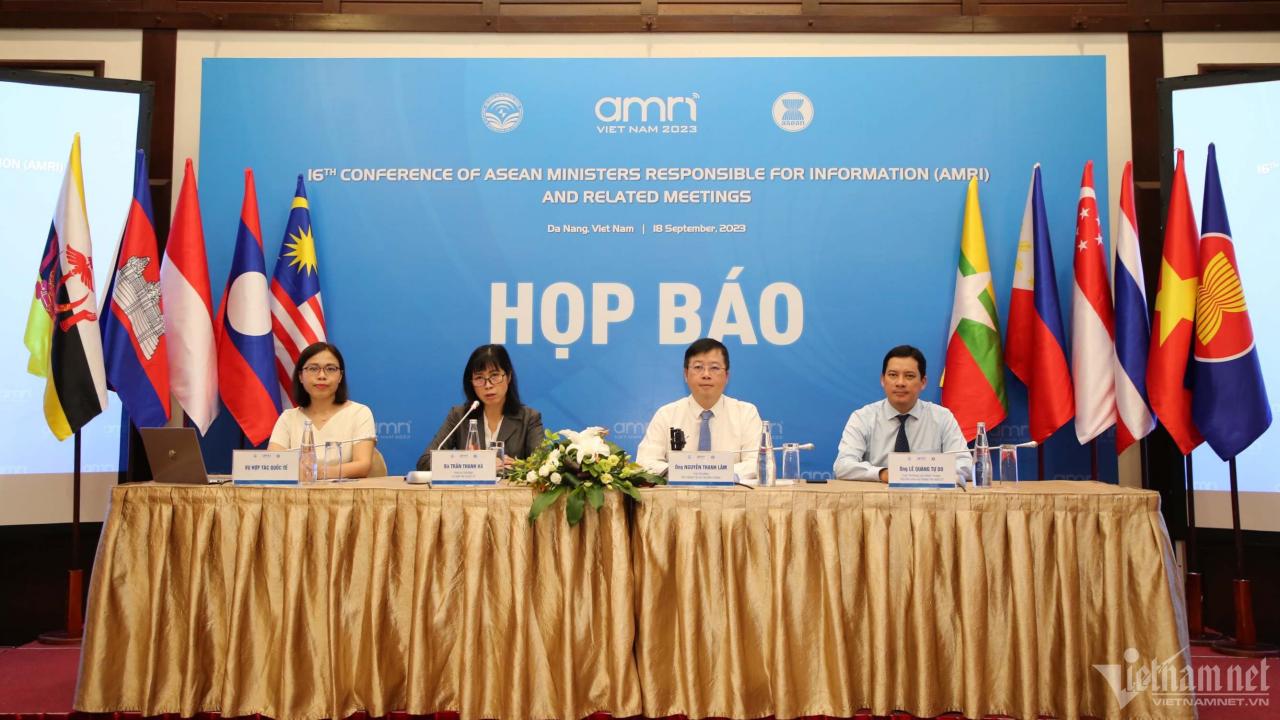
AMRI 16 also coordinated and effectively implemented communication work for all sectors and fields in which ASEAN cooperates across all three pillars and dialogue partners.
The Ministers set out six visions for ASEAN's information and communications sector to 2035:
1. ASEAN’s information, media and communications sector by 2035 will become adaptive, resilient and progressive to deliver a society that is “information and knowledge equitable”, “open to innovative and progressive ideas”, “socially cohesive” and facilitates “access to information for all”.
2. ASEAN cooperation on information and communication will be based on the driving force of “Knowledge”, creating more value through digital transformation to improve people's lives by providing smooth, timely and accurate information; equipping people with Digital Skills and Digital Readiness.
3. Develop an Information and Communications Ecosystem: “Strong”, “Resilient” and “Dynamic”, promote social responsibility of cross-border platforms, respect and ensure the integrity of national sovereignty in cyberspace, and nurture ASEAN identity in terms of a sense of belonging to the community.
4. Affirm the role and position of the information and communications sector in cross-sectoral cooperation to respond to global challenges (health, gender equality, human rights, youth empowerment, child protection, etc.).
5. The information and media industry plays a connecting role, nurturing public-private cooperation to bring knowledge to ASEAN peoples, to enhance integration and foster lifelong learning.
6. Proactively cooperate with dialogue partners to promote ASEAN's central role.
Vietnamnet.vn


![[Photo] Prime Minister Pham Minh Chinh receives Chairman of Skoda Auto Group](https://vstatic.vietnam.vn/vietnam/resource/IMAGE/2025/3/27/298bbec539e346d99329a8c63edd31e5)

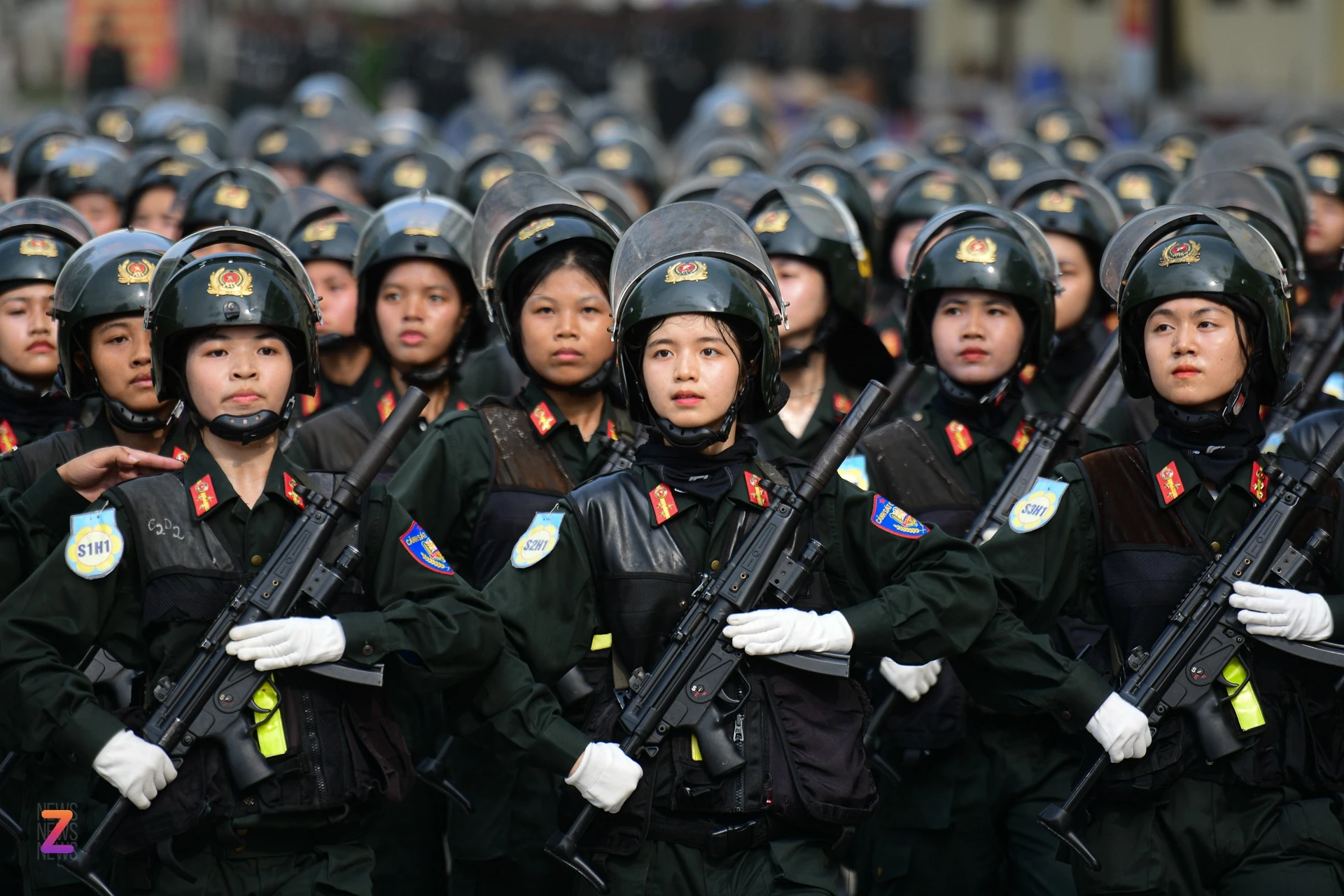

![[Photo] Nearly 2,000 people enthusiastically participated in the Olympic Running Day - For the security of the Fatherland](https://vstatic.vietnam.vn/vietnam/resource/IMAGE/2025/3/27/33bed26f570a477daf286b68b14474d4)
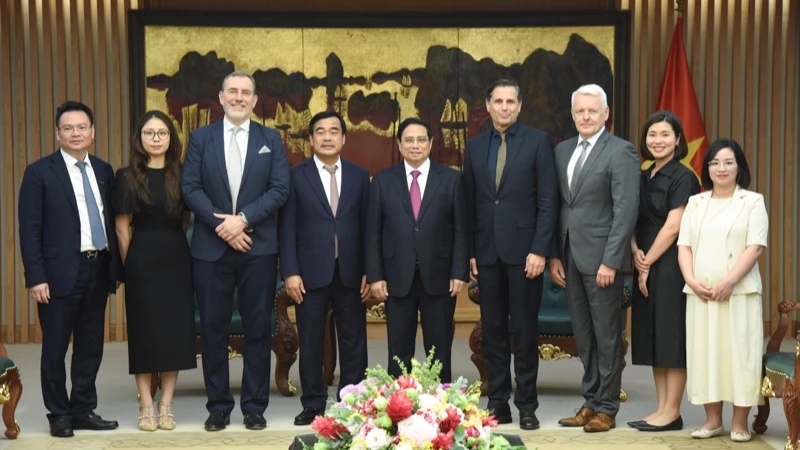




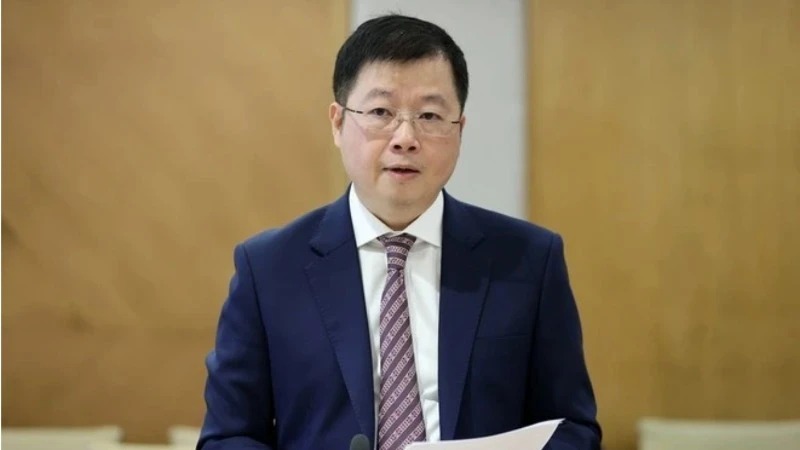

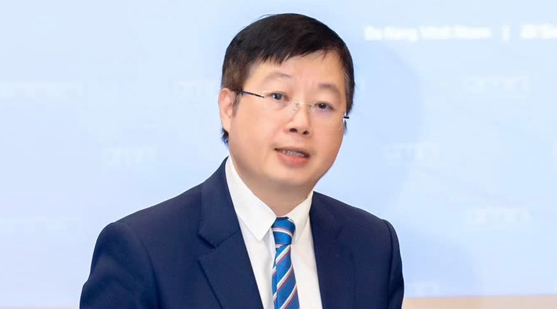

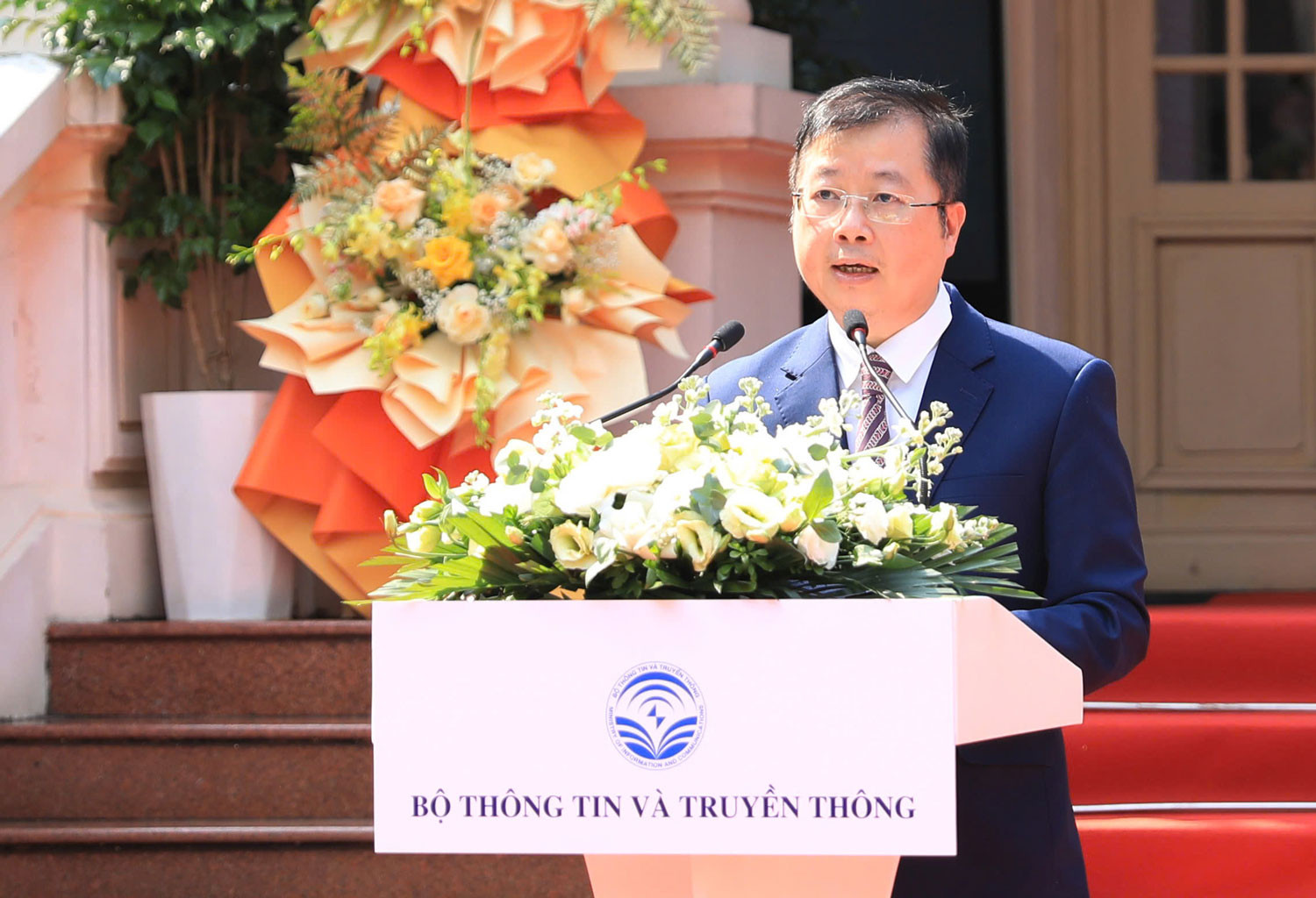
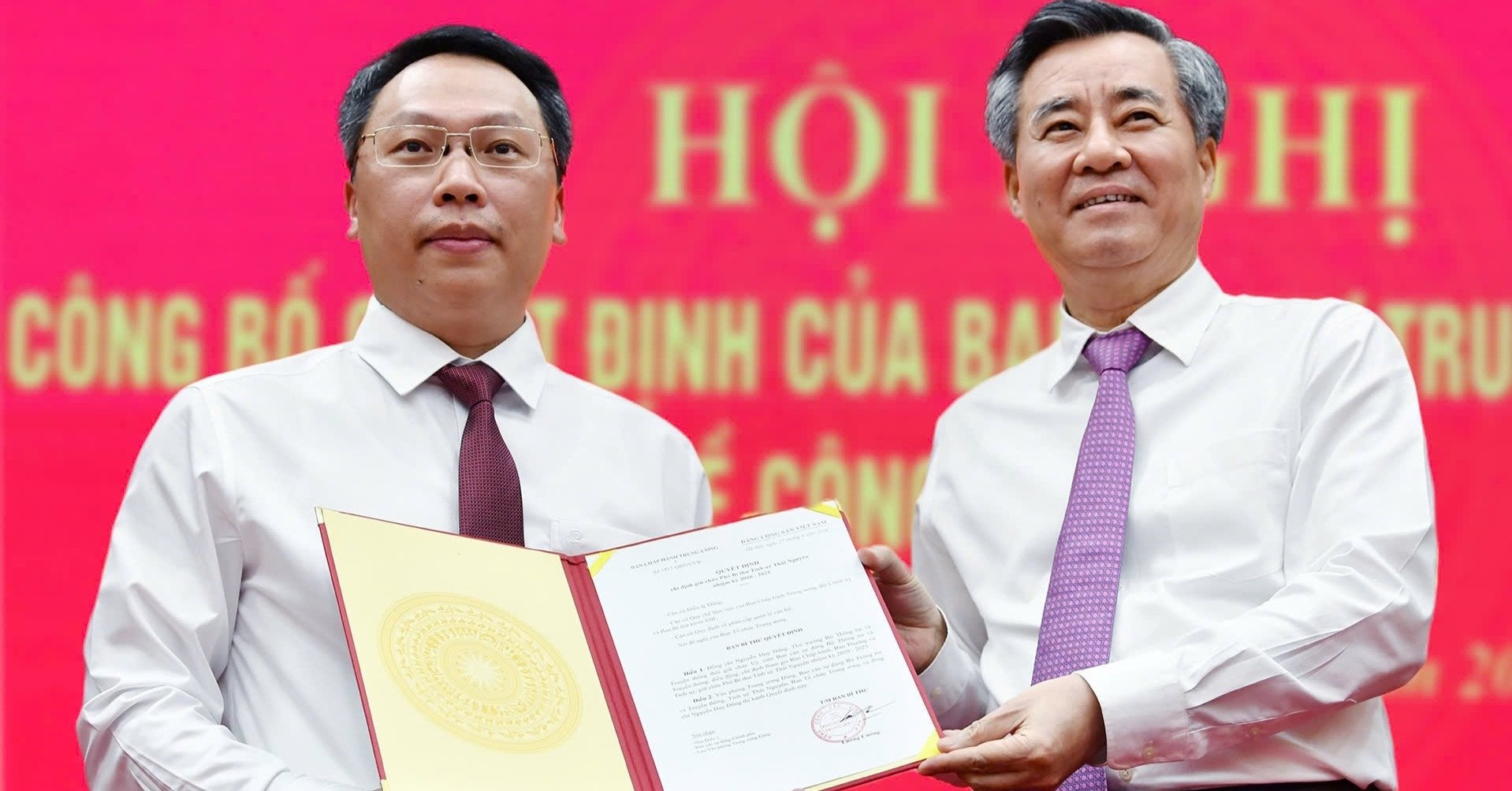

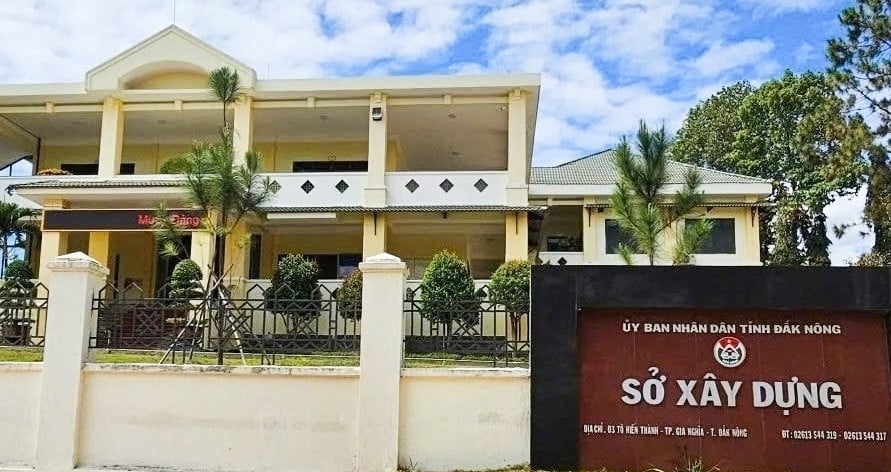

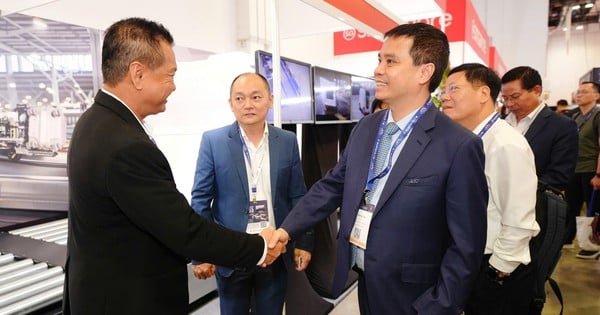
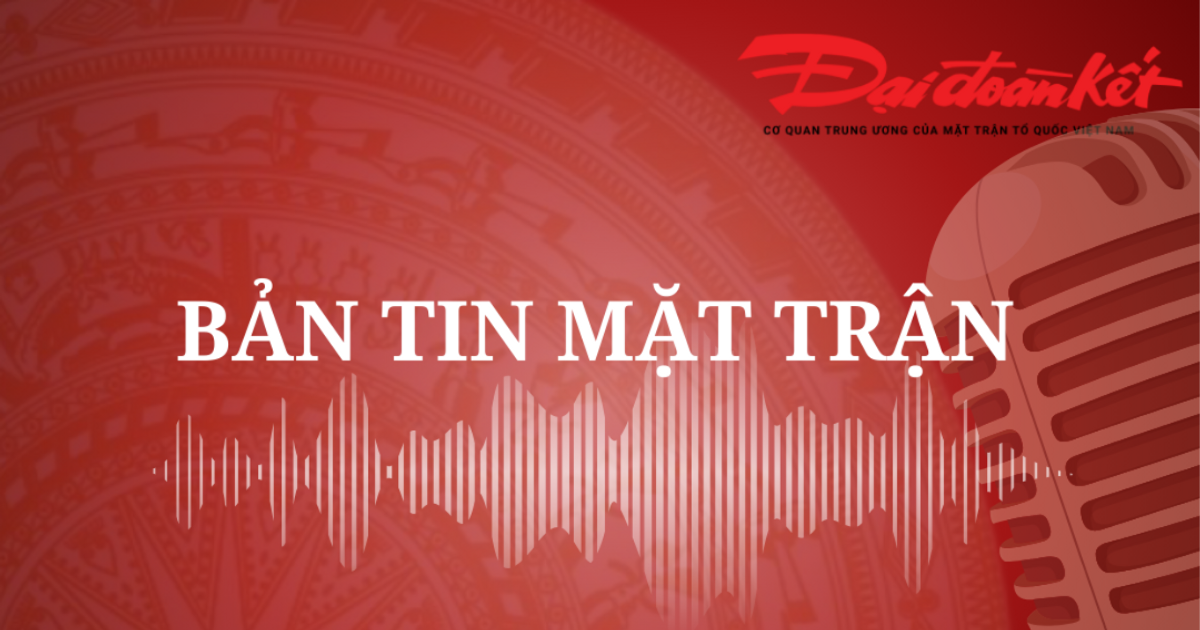





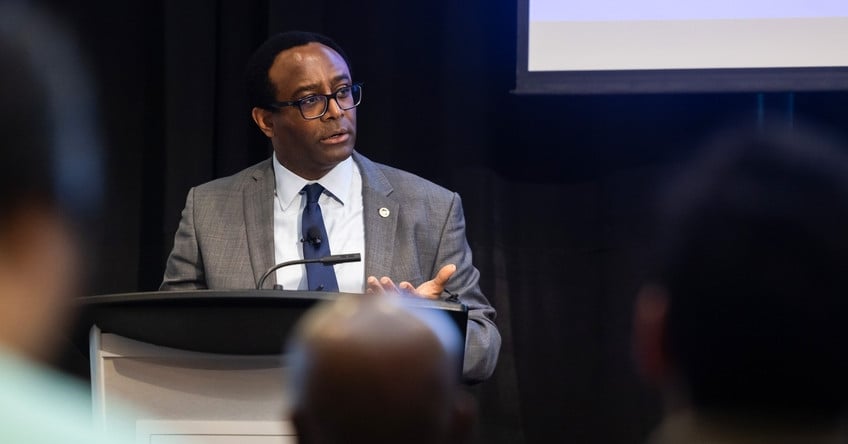
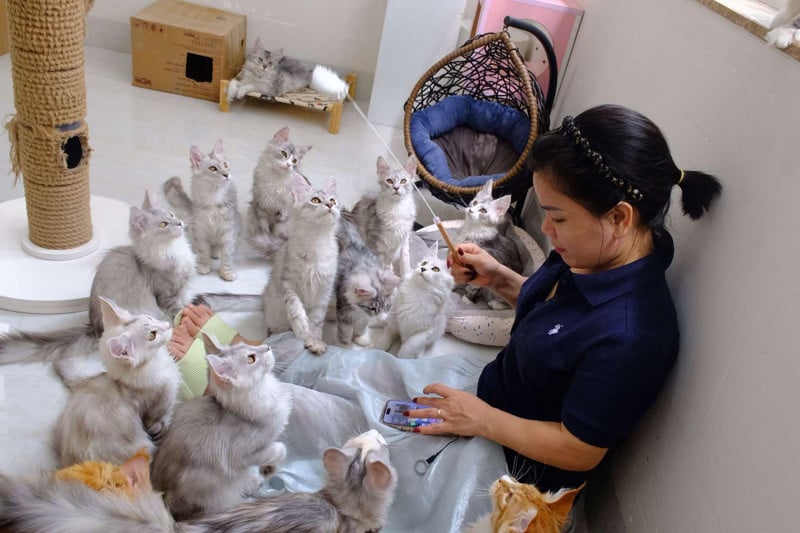
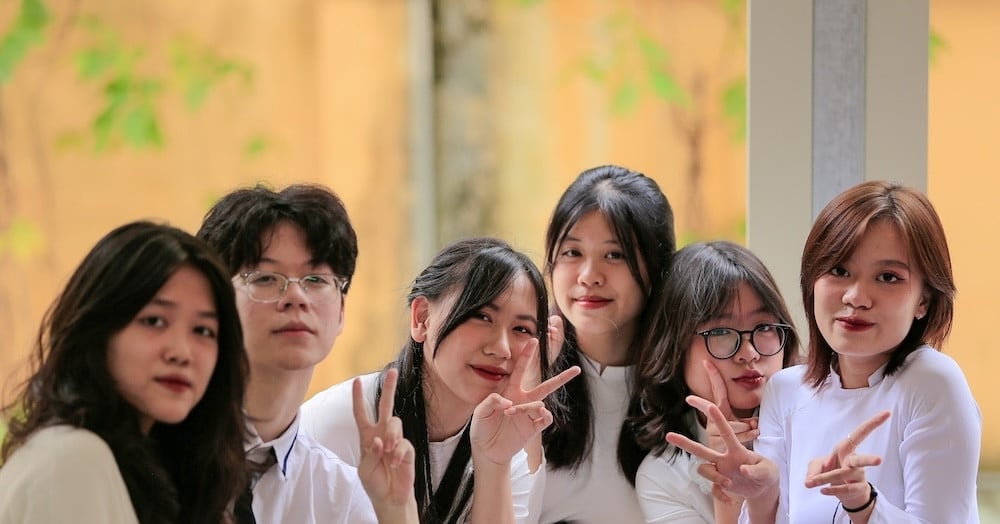








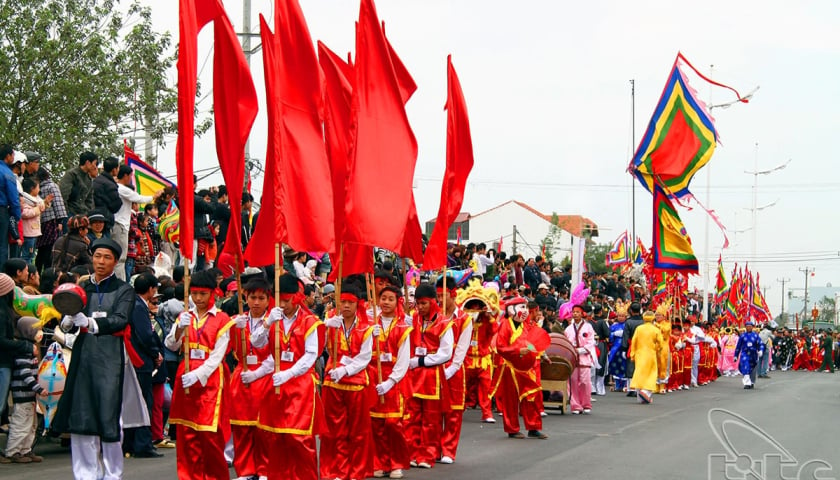


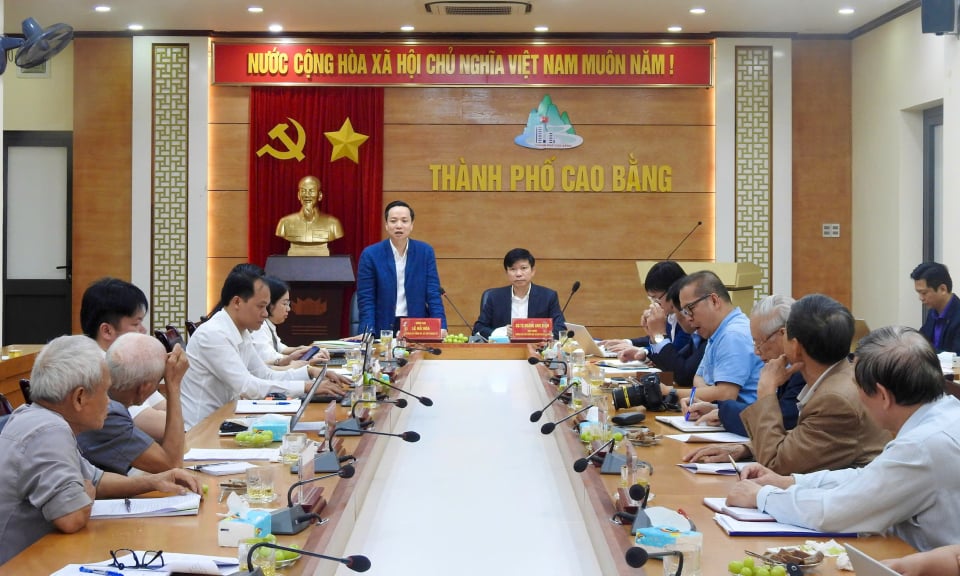

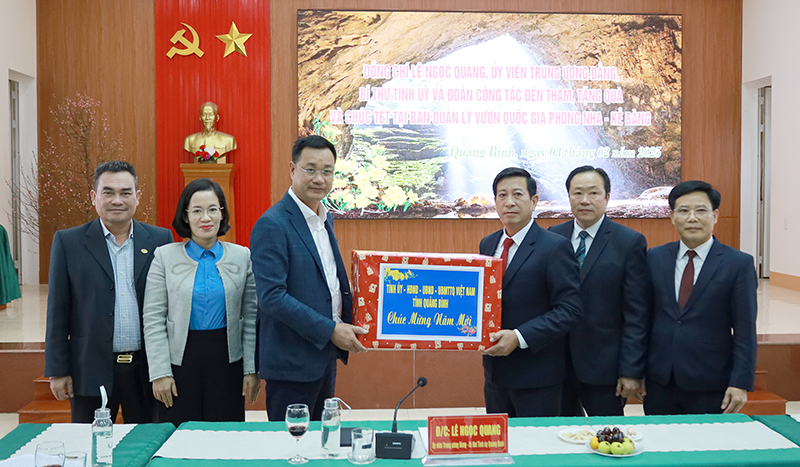

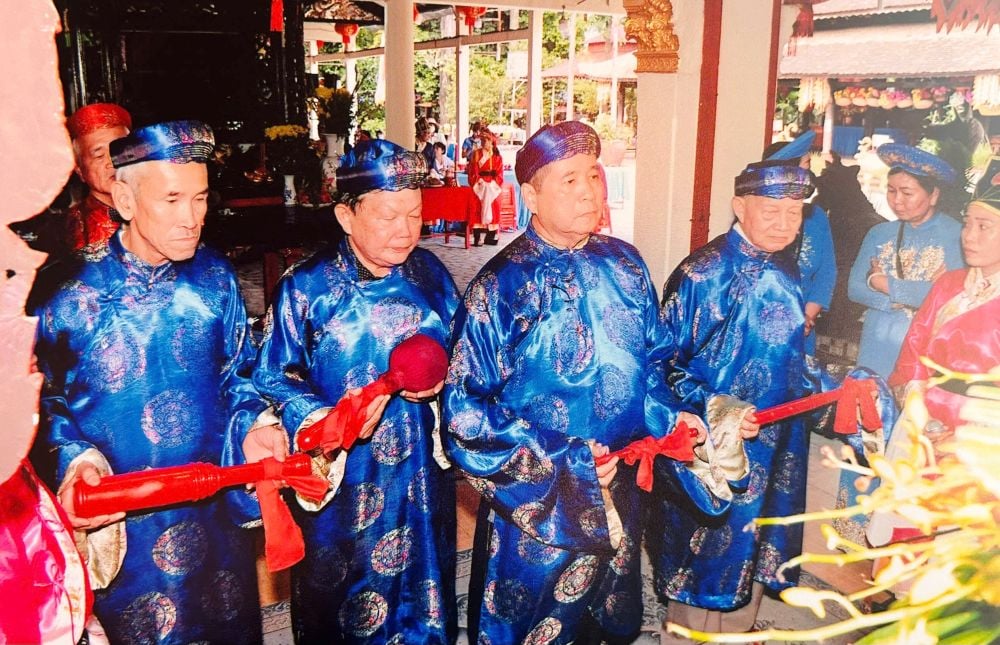

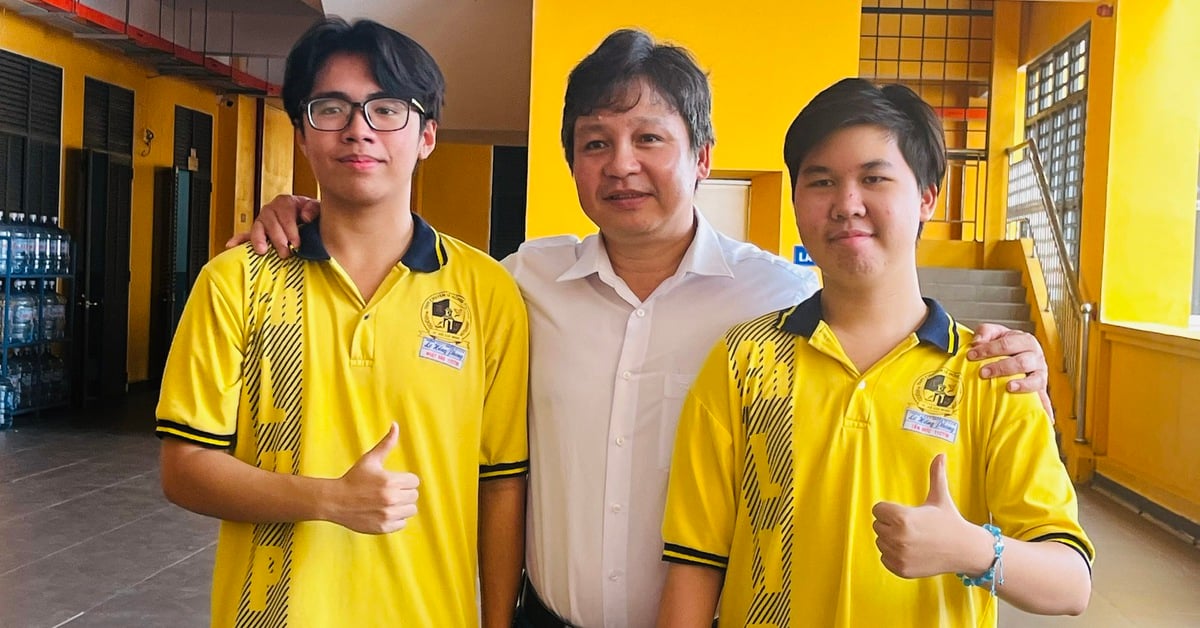

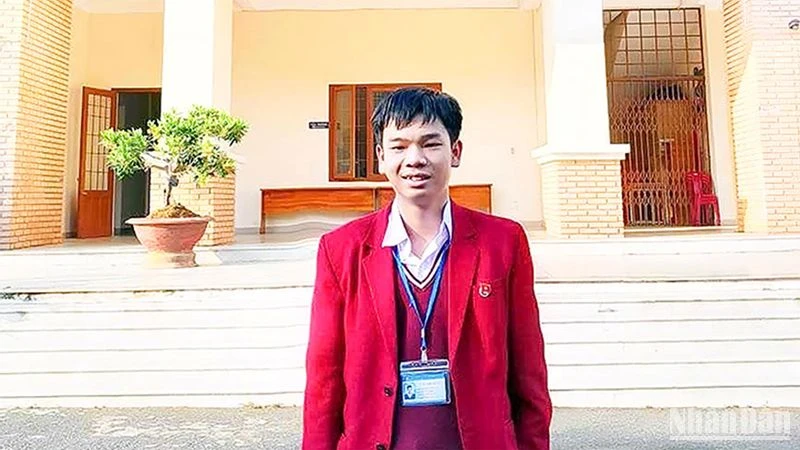
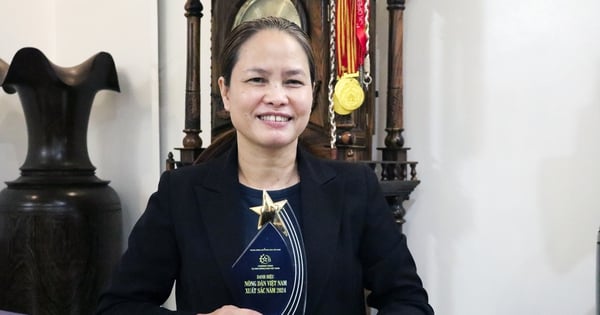

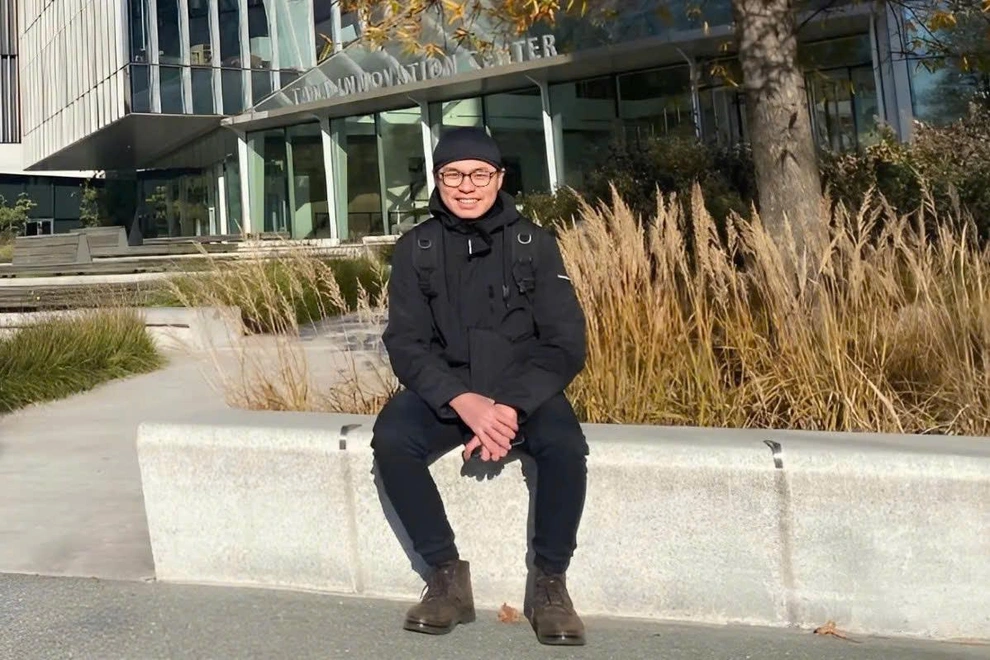


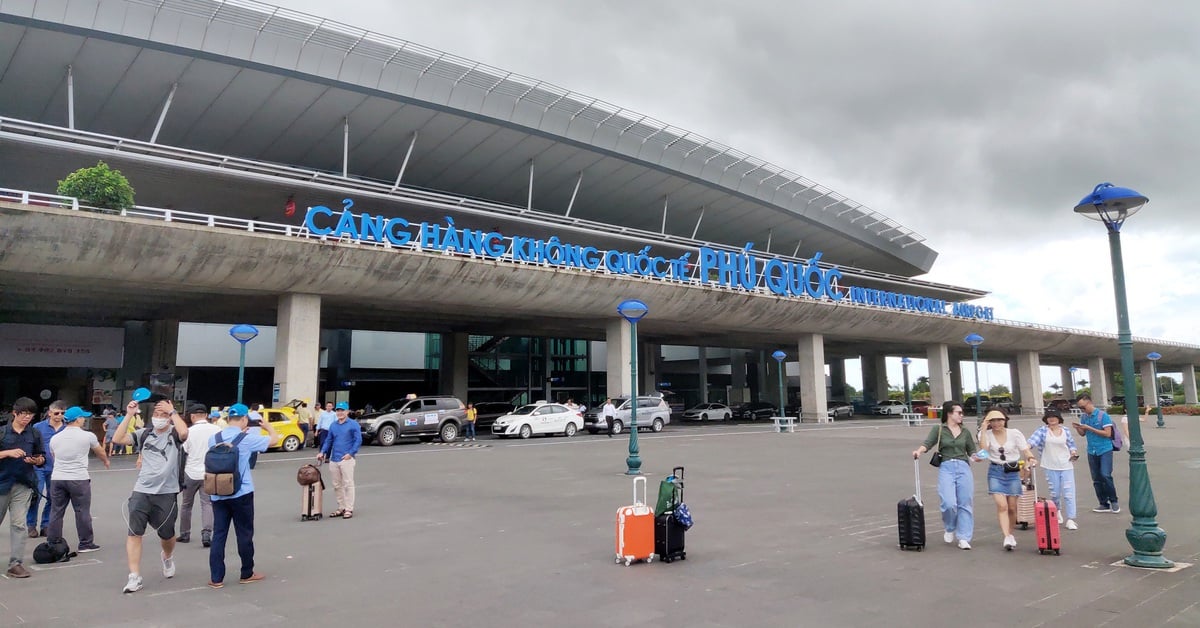
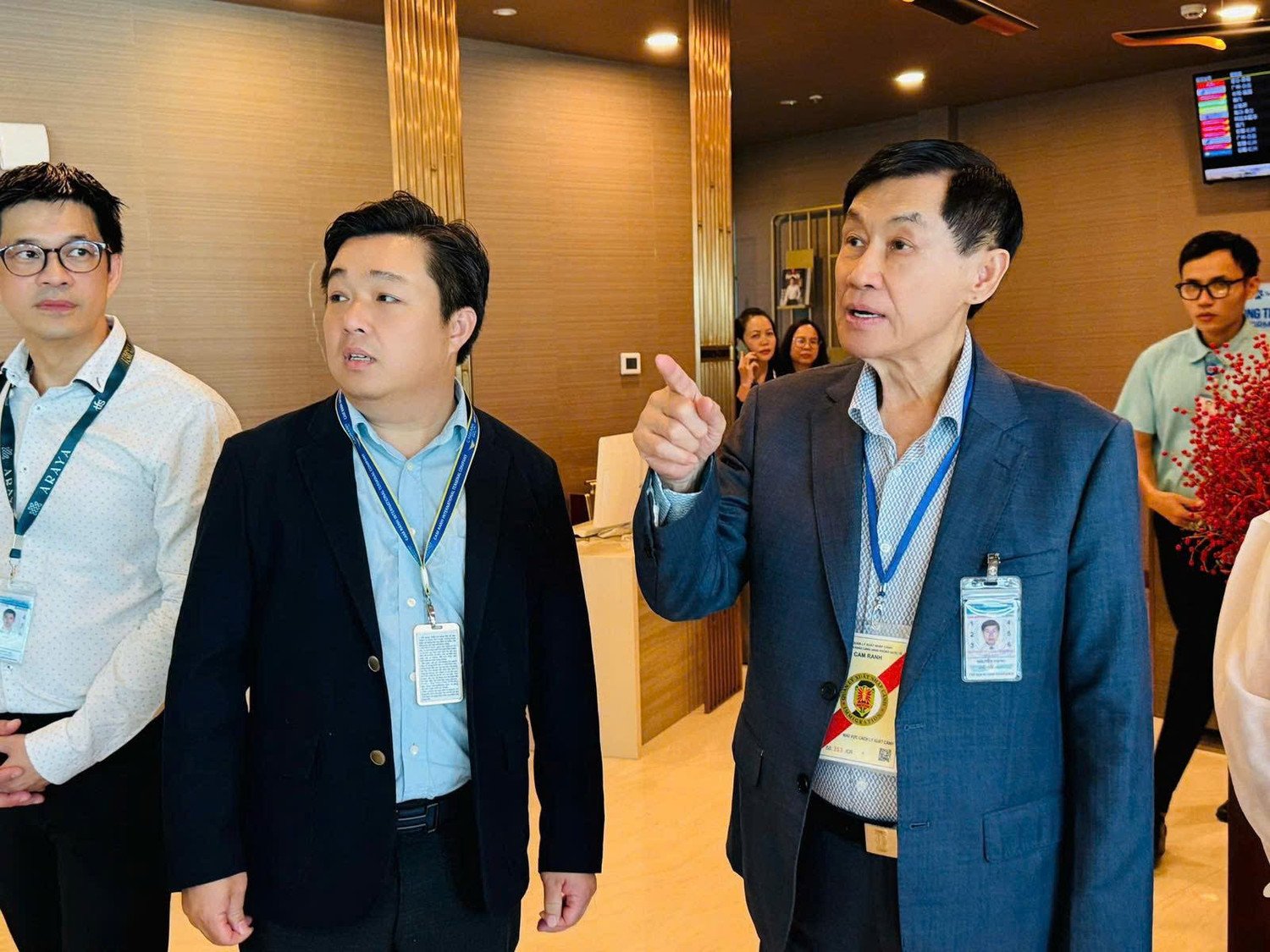

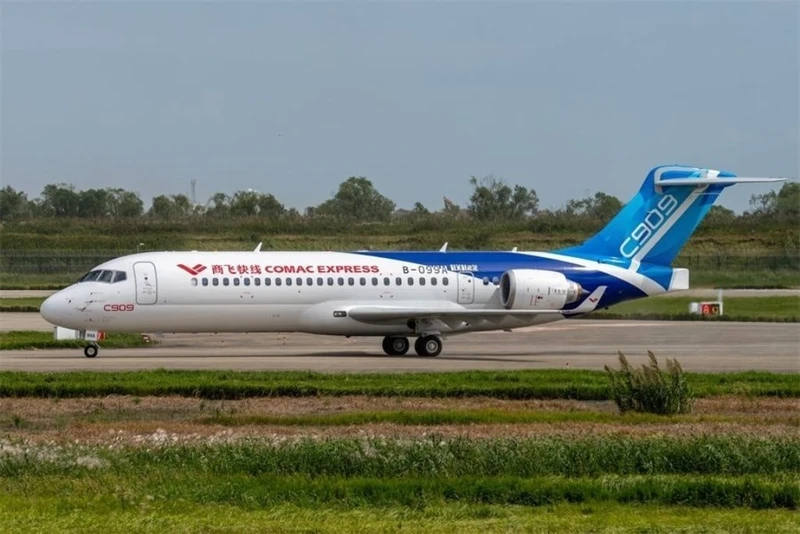

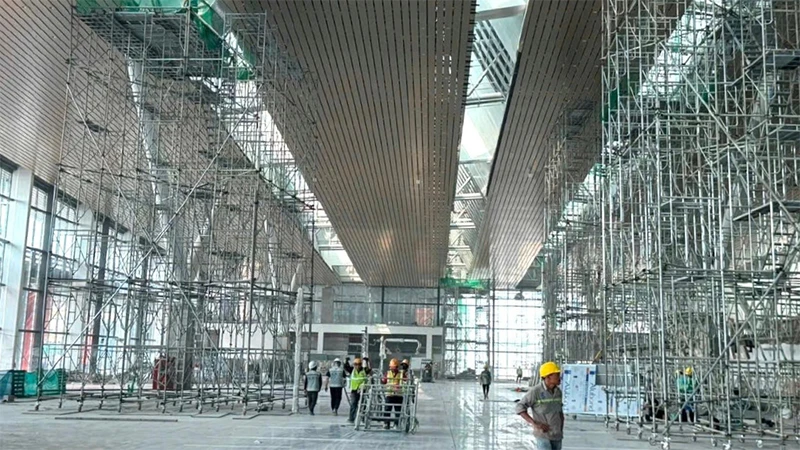




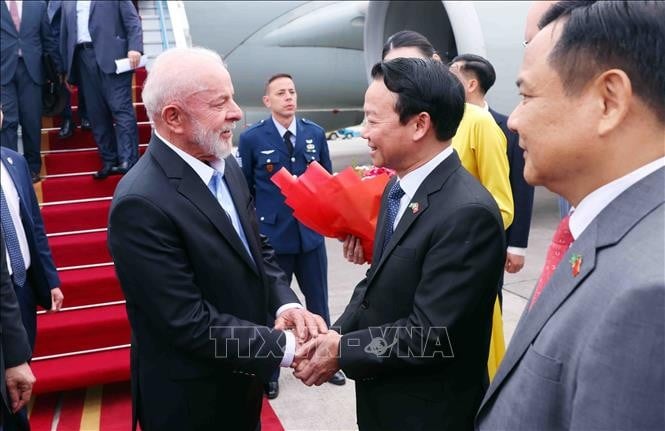
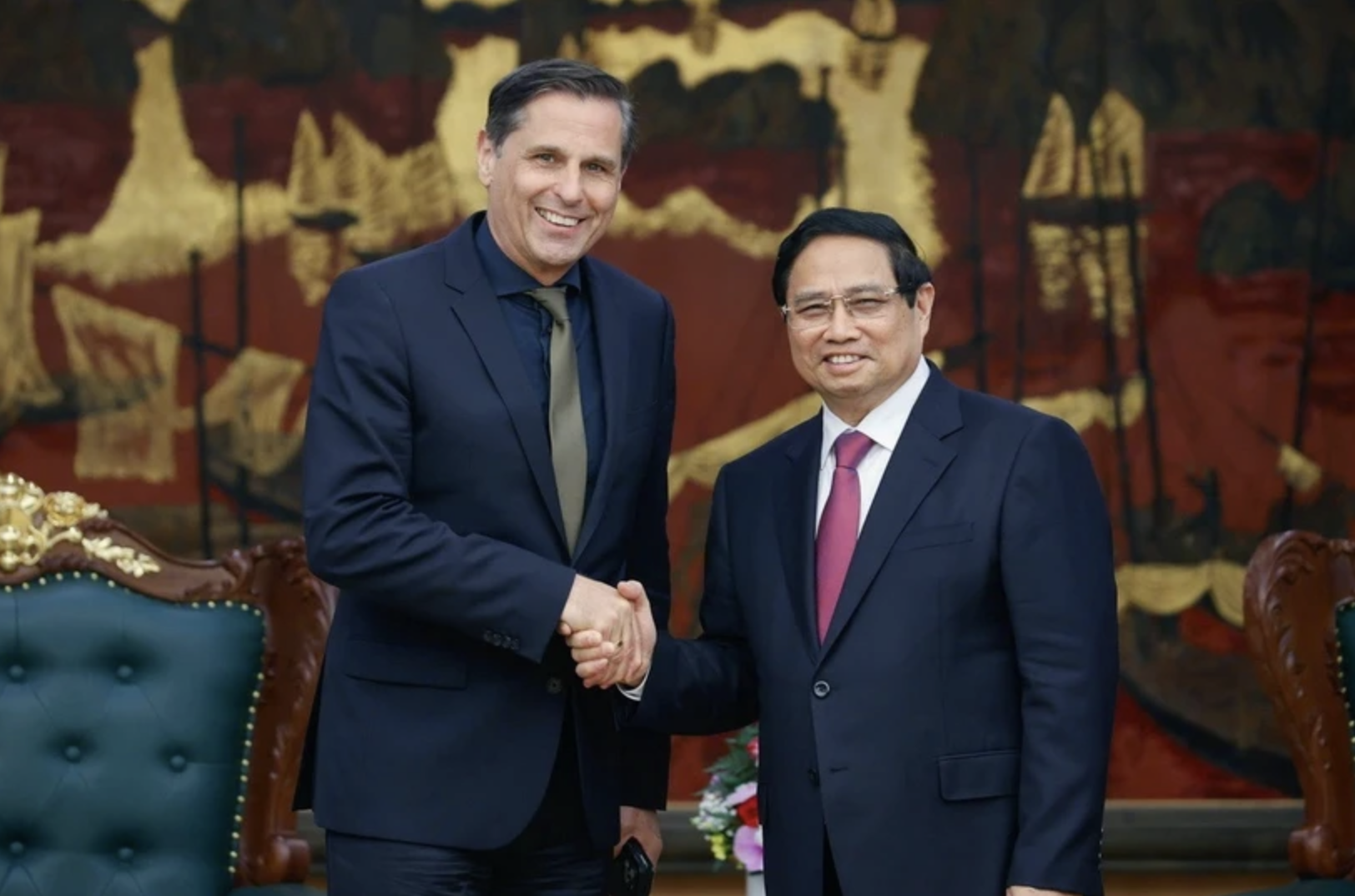
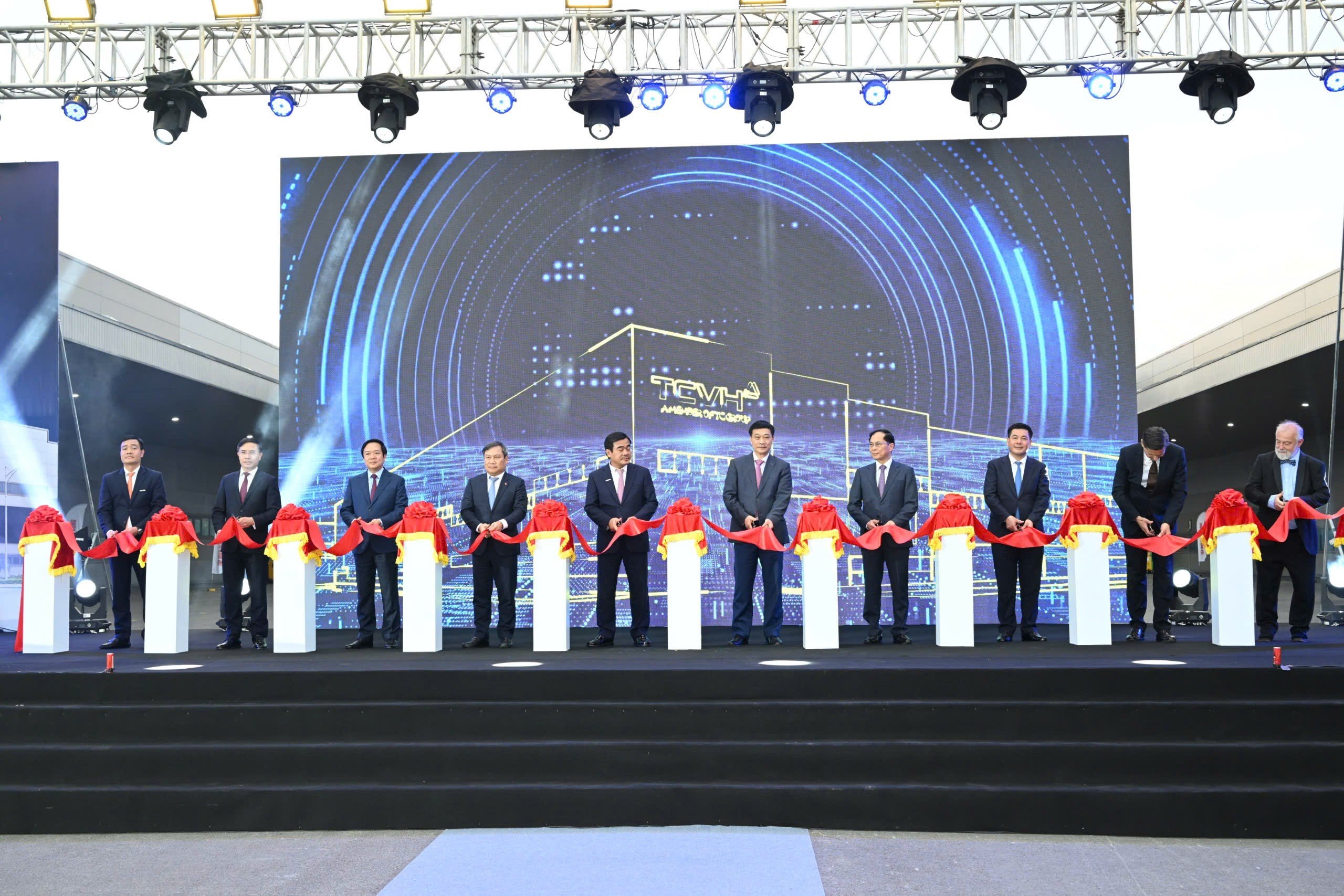

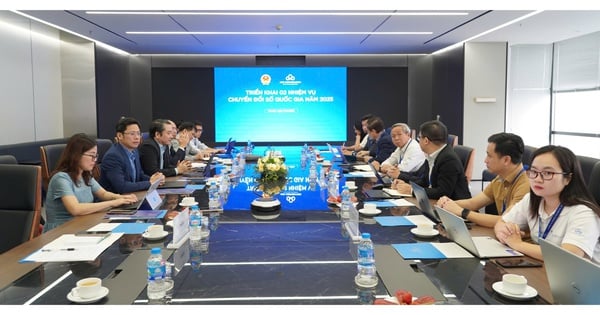

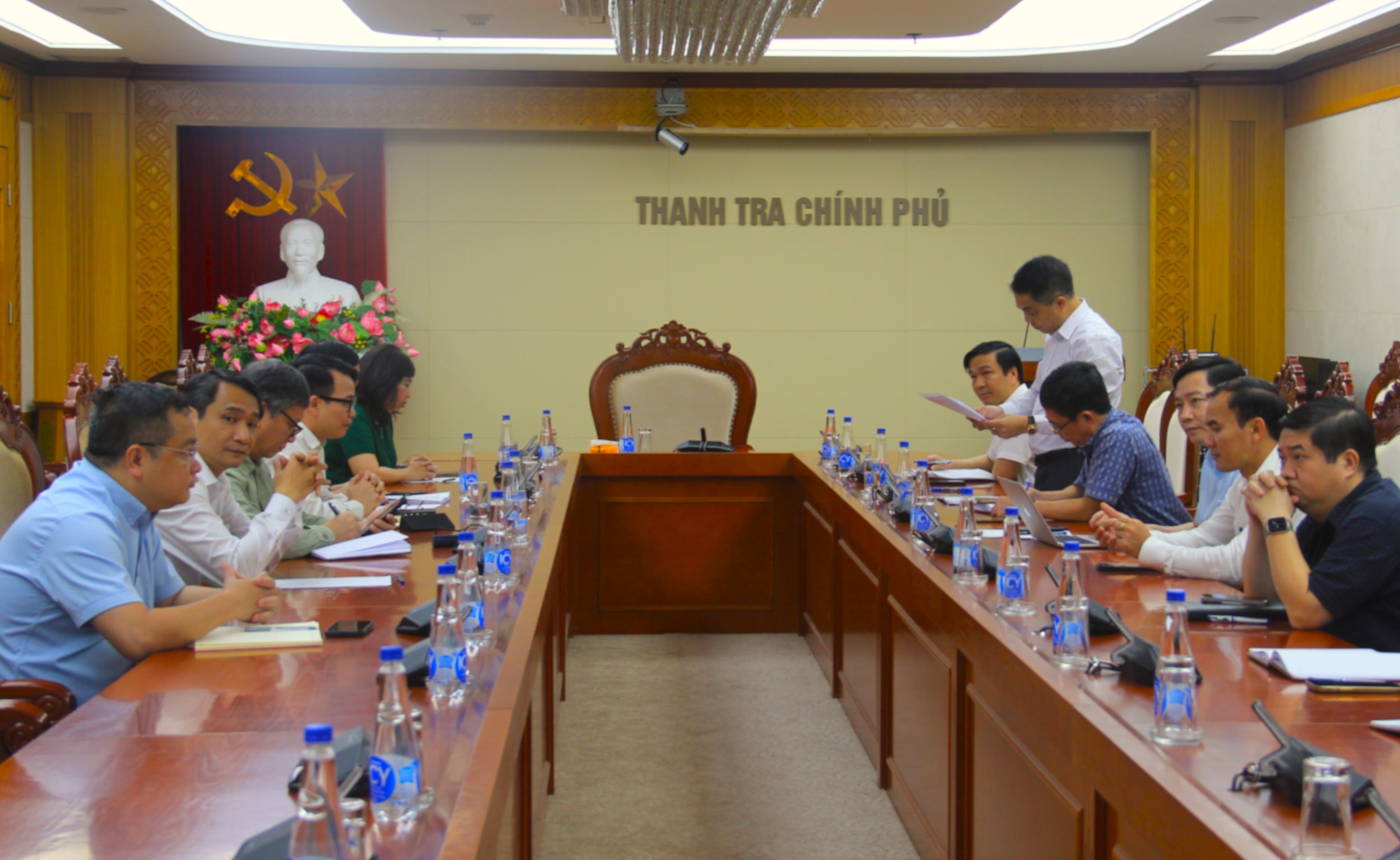

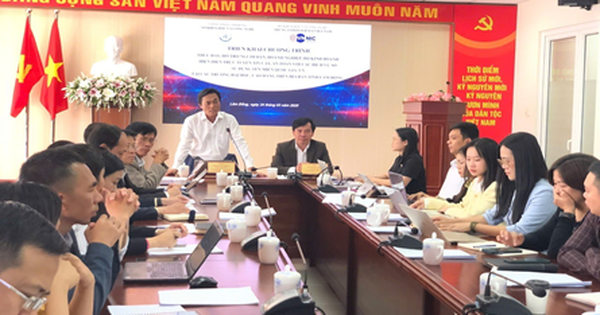


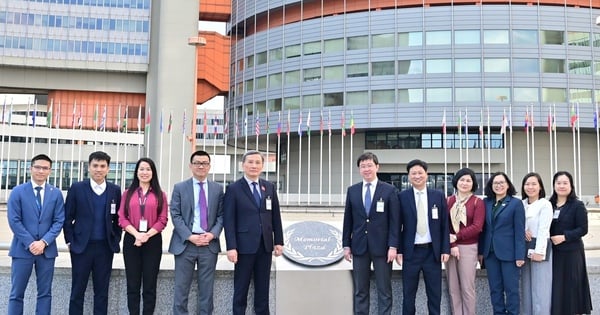
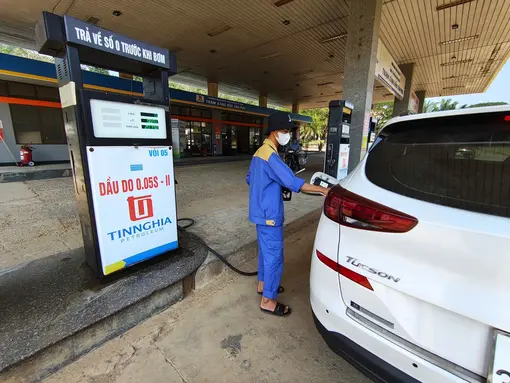




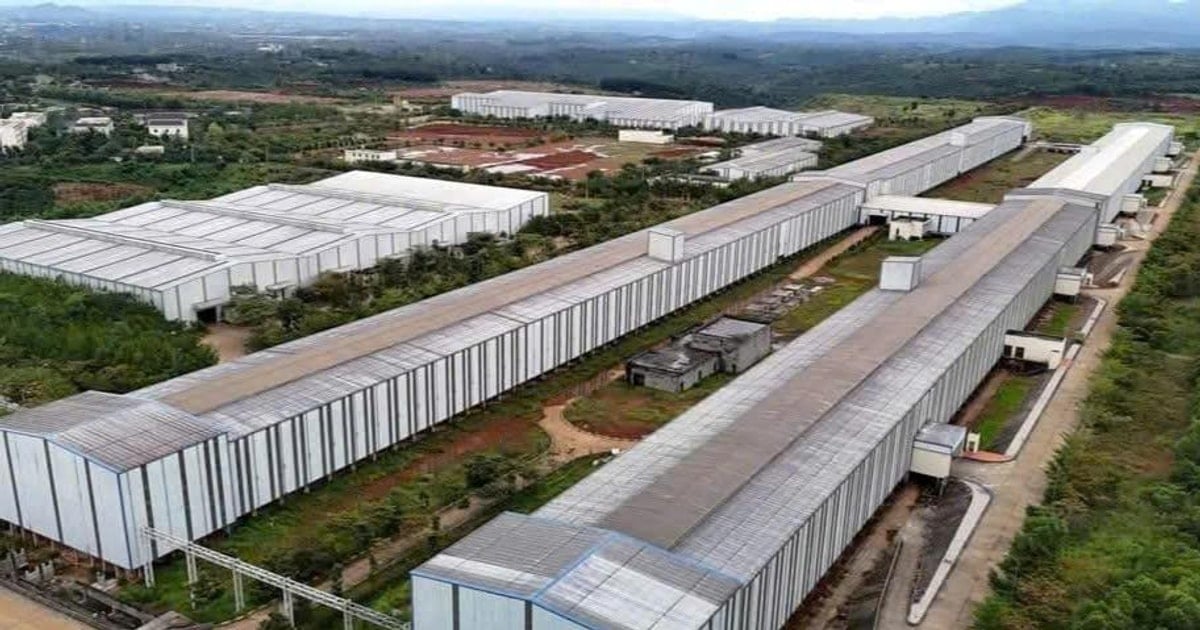



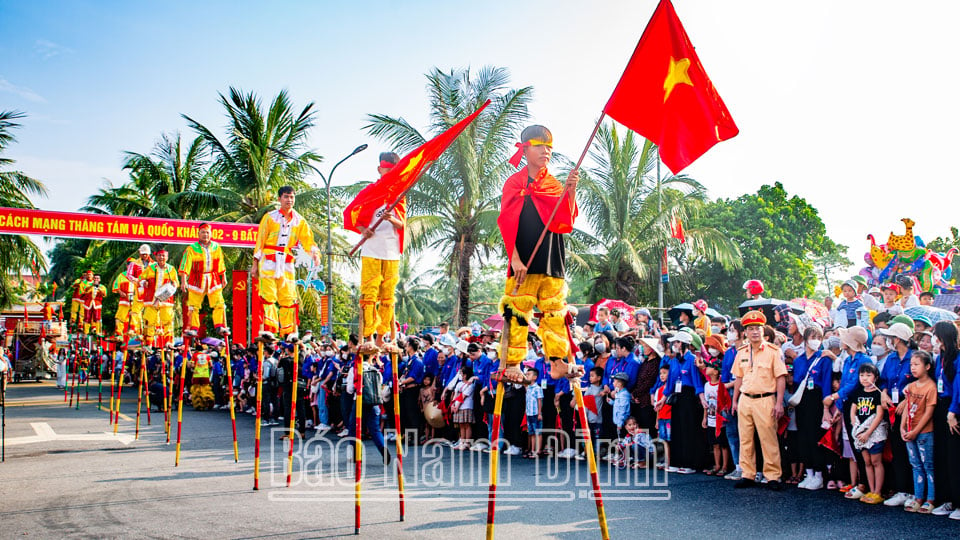



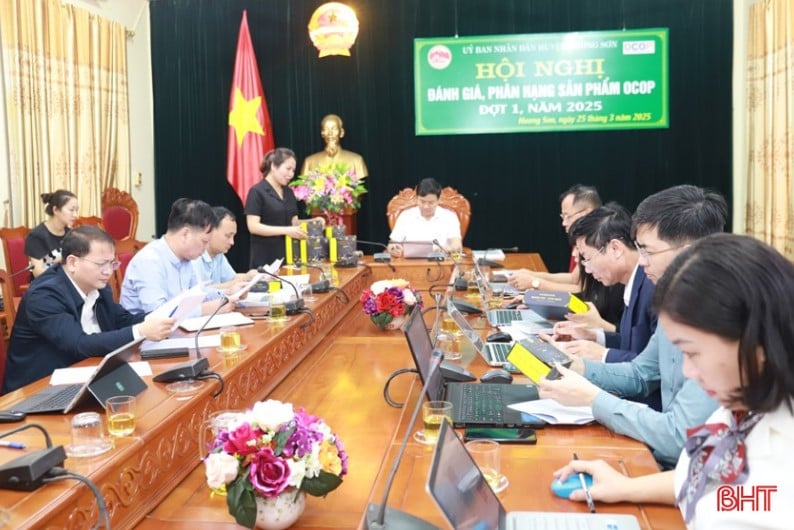


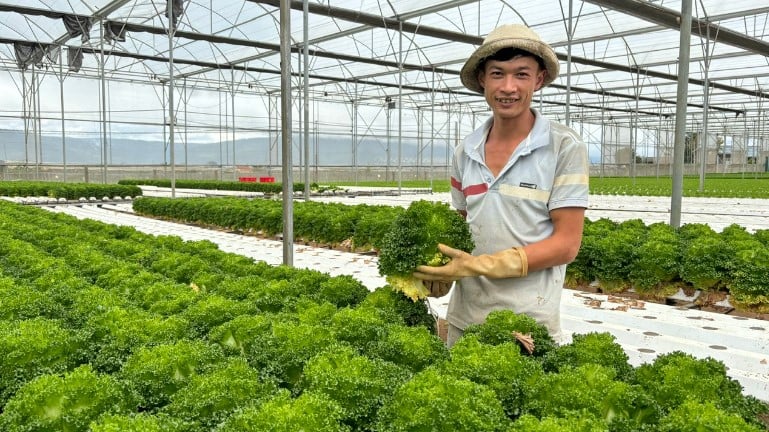




Comment (0)